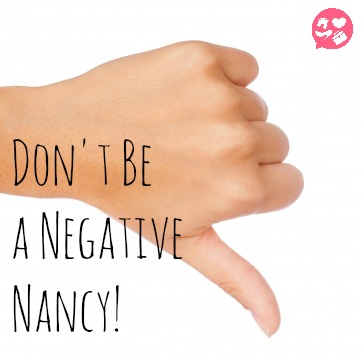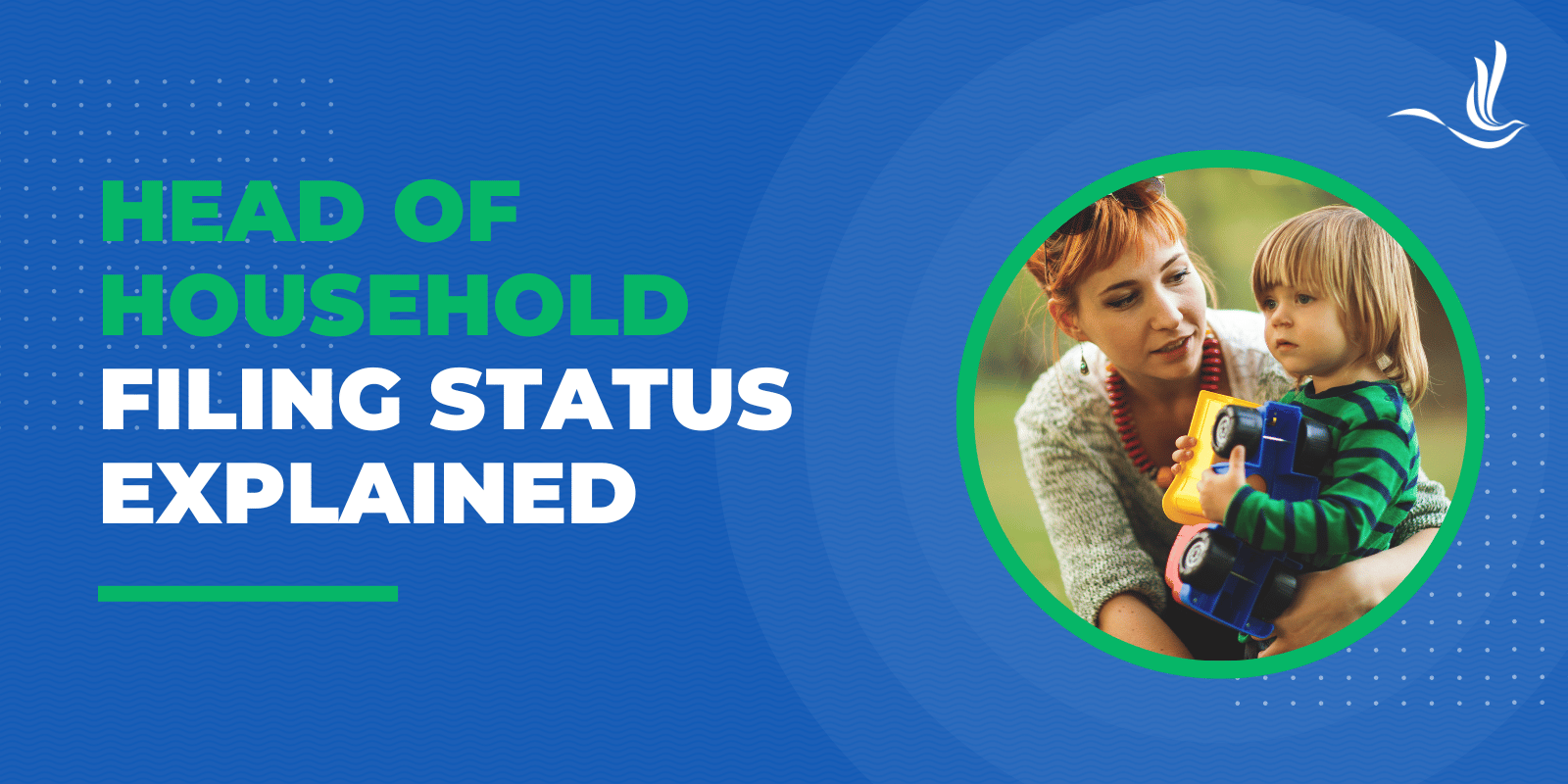This is day 27 of our 30 day series “30 Simple Things to Do to Change Your Life in 30 Days. If you missed a day, links to previous articles follow this article
Negativity has a sneaky way of becoming part of our daily lives. From news cycles designed to provoke worry to draining interactions with toxic people, to even our own self-defeating thoughts, negative energy surrounds us. And while it may be easy to brush off, the cumulative effect of this negativity can be like poison. It affects our health, our outlook, and our ability to grow.
Today, we’re exploring the impact of negative energy and the ways it permeates our lives if left unchecked. This is not just about positive thinking; it’s about actively choosing to seek positivity and protect ourselves from the harm negativity can cause.
The Impact of Negative News Cycles
The world’s news seems to thrive on a steady stream of alarming and often sensational stories. Headlines are crafted to grab attention, triggering emotions like anger, fear, or helplessness. While staying informed is important, a continuous focus on negative news can distort our perception, leading us to believe the world is in a constant state of crisis.
Over time, consuming too much negative news can have a direct impact on our mental health. Studies show that exposure to negative media can increase anxiety, stress, and even symptoms of depression. It can make us feel powerless, creating a sense of hopelessness about the future.
Tip: Instead of constantly checking news feeds, try scheduling a specific time to catch up on news, and seek balanced sources. Limit your intake and balance it with uplifting content, such as stories of positive change, innovation, or acts of kindness.
Negative People and Their Influence on Your Mindset
Toxic relationships drain our energy and can erode our sense of self-worth. Whether it’s a coworker who constantly complains, a friend who discourages our dreams, or family members who pull us down, interacting with negative people can have a lasting impact on our mood and overall outlook.
The words and actions of others can heavily influence how we see ourselves and our abilities. Spending time with negative people can lead us to doubt ourselves and adopt their pessimistic perspectives. It can make us hesitant to pursue our goals, dragging down our energy and productivity.
Tip: Set boundaries with negative individuals whenever possible. If you can’t avoid them, practice detachment by focusing on what you can control—your response. Seek to spend more time with positive influences who inspire, uplift, and encourage you to grow.
The Power of Our Own Negative Thoughts
One of the most insidious sources of negativity is our own inner critic. Negative self-talk, self-doubt, and a tendency to dwell on past mistakes can affect our confidence, influence our decisions, and cloud our overall outlook.
When we allow these thoughts to go unchecked, we fall into patterns of self-sabotage, fear, and anxiety. We start to believe that we’re not capable, worthy, or deserving. These thoughts can become self-fulfilling prophecies, shaping our reality and blocking our potential.
Tip: Practice self-compassion by recognizing negative thoughts when they arise and questioning their validity. Replace them with constructive, balanced self-reflection. For example, instead of “I’m terrible at this,” try, “I’m still learning, and I’m getting better with time.”
Recognizing the Harmful Effects of Negative Energy
Negative energy—whether it’s from the media, people around us, or our own thoughts—can have lasting effects on our health and happiness. Here’s how it takes a toll:
Increased Stress Levels: Constant exposure to negativity raises stress hormones like cortisol, which can lead to a host of physical and mental health issues, including high blood pressure, insomnia, and weakened immune function.
Mental and Emotional Drain: A focus on negative thoughts or situations depletes our mental energy, making it harder to concentrate, feel motivated, or experience joy. It can lead to a persistent feeling of sadness or dread.
Self-Sabotaging Behavior: Negativity breeds self-doubt and pessimism. When we feel trapped in negative thought patterns, we may sabotage our own progress by avoiding challenges, procrastinating, or giving up too soon.
Limited Potential for Growth: A negative mindset limits our potential. It blocks us from taking risks, exploring opportunities, and learning from experiences. We become stuck in our comfort zones, unable to fully embrace our potential.
Choosing Positivity: It’s an Act of Protection, Not Just Optimism
Choosing positivity doesn’t mean ignoring real problems or pretending everything is perfect. Rather, it’s about protecting your mental and emotional health by creating a buffer against the constant barrage of negativity. Here’s how you can start seeking positivity intentionally:
Curate Your Media Consumption: Actively choose what you consume. Follow sources that offer a balanced view and include positive stories or solutions-focused news. This doesn’t mean ignoring issues, but rather balancing your view of the world with stories of hope and progress.
Cultivate Relationships with Positive People: Seek out people who inspire and support you. Their energy can be contagious, lifting you up and helping you adopt a more optimistic mindset. Surround yourself with individuals who encourage growth, celebrate your successes, and help you see possibilities.
Practice Gratitude Daily: Focusing on what you’re thankful for helps shift your perspective, helping you notice the good amidst challenges. Whether it’s a gratitude journal or simply taking a few minutes each day to reflect, this practice can improve your mental resilience and outlook.
Shift Your Inner Dialogue: When you catch yourself in a negative thought loop, take a moment to reframe. Replace harsh self-criticism with constructive self-talk. For example, “I made a mistake” can become “I learned something valuable.”
Engage in Activities That Bring Joy: Spend time doing things that make you feel alive, whether that’s engaging in a hobby, exercising, or simply relaxing with a good book. Joyful activities act as a natural buffer against negativity, replenishing your energy and boosting resilience.
The Long-Term Benefits of Choosing Positivity
When you make a conscious choice to seek positivity and avoid negativity, the benefits reach every aspect of your life. Here’s what you can look forward to:
Improved Mental and Physical Health: Reduced stress, better sleep, and a more balanced immune system are all benefits of a positive outlook.
Enhanced Resilience: A positive perspective helps you cope better with challenges and setbacks. You’re more likely to adapt and bounce back from hardships, maintaining a sense of hope.
Greater Satisfaction and Fulfillment: By choosing positivity, you allow yourself to see the good, celebrate small wins, and enjoy the present. This leads to a greater sense of satisfaction and appreciation for life.
Strengthened Relationships: When you focus on positivity, you attract and maintain healthier relationships. People are naturally drawn to positive energy, and it fosters stronger connections with friends, family, and colleagues.
Final Thoughts: Make Positivity Your Choice
Negativity is all around us, but we don’t have to let it control us. By intentionally choosing positivity, we protect our well-being, improve our resilience, and set ourselves up for a more fulfilling life. Seeking positivity isn’t about denying reality—it’s about making a choice to focus on what uplifts, inspires, and empowers us. The choice is yours. Will you let negativity control your life, or will you choose the path of positivity and all the benefits it brings?
Previous articles in this series can be found here:
Publisher: Source link











